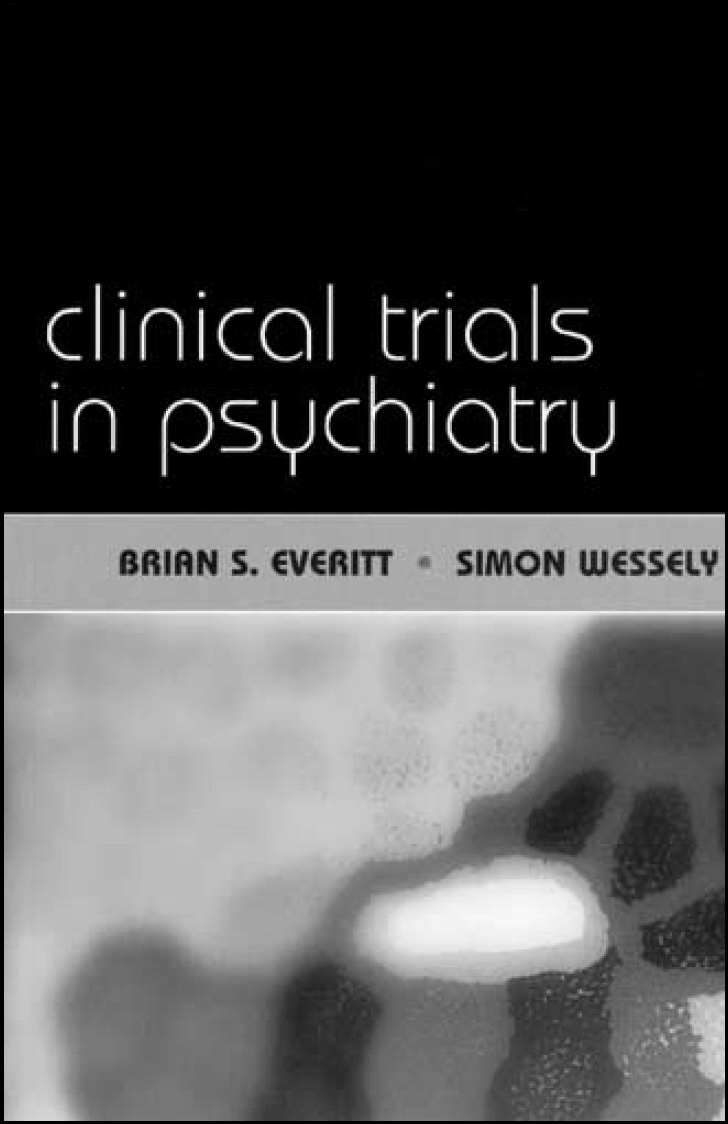
Everitt & Wessely are to be congratulated on producing an excellent guide to help overcome the snags in clinical trial research. Clearly written and in an engrossing style, the book is likely to become a classic textbook on clinical trials, and not just in psychiatry. The authors’ enthusiasm and grasp of clinical trial research make for a gripping and insightful read.
The first chapter deals with the bleak history of non-evidence-based treatment of mental illness. The ‘slow march from dogmatic, even mystical, certainty to proper scientific uncertainty’ is painfully described. Exorcism, bleeding, vomiting, purging, spinning on a pivot, removal of teeth and tonsils all came into fashion, were taken up and then dropped. Chapter 2, describing the slow move from expert opinion to the development of the clinical trial, is liberally interspersed with illuminating case histories and quotations: ‘the plural of anecdote is not evidence’. Chapters 3 and 4 cover the design and special problems of trials in psychiatry. As shown by the typical Cochrane review, previous trials have generally been of poor methodological quality, too small and have used the wrong outcome measures. Everitt & Wessely note the overemphasis on symptoms and recommend patient-rated functional outcome measures. For maximum relevance, trials should be pragmatic, and set as close to real-life clinical practice as possible. Chapters on statistical analysis and systematic reviews are aimed also at non-statisticians and avoid being overtechnical. The final chapter covers the arguments for, and against, clinical trials in an objective and balanced way. Appendices on practical issues are informative and well-referenced.
The book is well set out, with a summary at the end of each chapter. It is excellently researched with many recent references. It should be essential reading for anyone involved in clinical trials in psychiatry, whether a researcher or a user of research evidence. I would also recommend it to a much wider readership – it is one of the very best books that has been written on clinical trials.



eLetters
No eLetters have been published for this article.